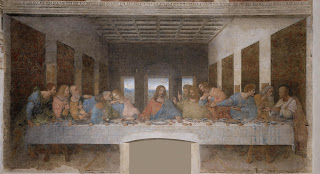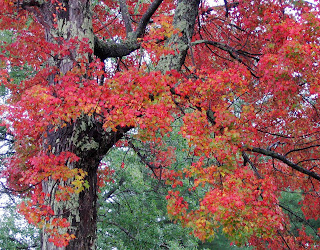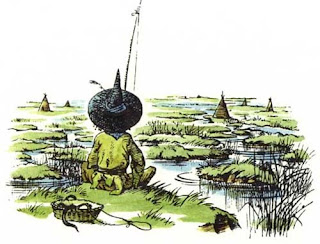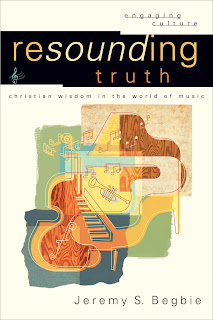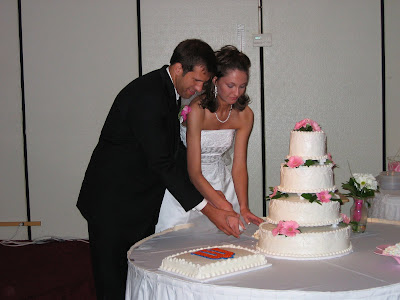What is it about the word “new” that makes us so excited?
New life, new try, new baby, new piano.
I’m not big on resolutions, but there’s something about the start of a new year that makes me hopeful.
I’m certainly ready for this year to be over. Along with this ongoing, hard thing, my dad had open-heart surgery and my husband lost his last two grandparents this year.
My eldest knows more vocabulary about death than any three year old should know.
I’m ready for new.
A new year. A new start. A new attempt.
Thinking about new makes me want to explore God’s idea of new. Will you explore with me?
The first idea that came to my mind was the new covenant.
I’ve always been struck by the ridiculousness of the idea that God would make any sort of a promise with us, that He would uphold His side of the covenant even when we fail to keep our own promise, but I’ve never explored the idea that it is a new covenant.
‘The time is coming,’ declares the LORD, ‘when I will make a new covenant with the house of Israel and with the house of Judah. It will not be like the covenant I made with their forefathers…because they broke my covenant…’ declares the LORD. This is the covenant I will make with the house of Israel after that time,’ declares the LORD. ‘I will put my law in their minds and write it on their hearts. I will be their God, and they will be my people.’ ~ Jeremiah 31.31-33
I can already see that I will be jumping between the Old and New Testaments to explore this word.
So what is the new covenant that God makes with us, the covenant that is different from the one that we broke?
In the same way, after the supper He took the cup, saying, ‘This cup is the new covenant in my blood, which is poured out for you.’ ~ Luke 22.20
Jesus. That birth we just finished celebrating leads to the new covenant drenched in His blood.
Hebrews 8 and 9 talks through all of the fascinating details of the old covenant and how it foreshadows the new covenant. Towards the end, after explaining the system of sacrificing goats and bulls and using their blood to take away the sins of the people, the author of Hebrews says this:
How much more, then, will the blood of Christ…cleanse our consciences from acts that lead to death, so that we may serve the living God! For this reason, Christ is the mediator of a new covenant, that those who are called may receive the promised eternal inheritance–now that He has died as a ransom to set them free from the sins committed under the first covenant.
I sit, sit awash in gratitude for this new covenant that cost so much. The new covenant leads my mind around to another use of the word “new”: in Christ, we are a new person, a new creation.
Back to the Old Testament. God promises in Ezekiel 36:
I will give you a new heart and put a new spirit in you, I will remove from you your heart of stone and give you a heart of flesh.
The fulfillment of that promise?
Therefore, if anyone is in Christ, he is a new creation; the old has gone, the new has come! ~ II Corinthians 5.17
And this:
You were taught, with regard to your former way of life, to put off your old self, which is being corrupted by its deceitful desires; to be made new in the attitude of your minds; and to put on the new self, created to be like God in true righteousness and holiness. ~ Ephesians 4.22-24
Praise God!!! What mercy! What grace!
Again, I sit in gratitude, in silence, letting this beauty wash over me.
Because God was willing to make a new covenant with us when we broke the original one, because Christ was willing to spill His blood to seal this covenant, I am now a new creation in Christ, created to be like God!
And as I sit in gratitude, I can’t help but think of the new that is still ahead of us.
Isaiah prophecies this beautiful thing in Isaiah 65:
Behold, I will create new heavens and a new earth. The former things will not be remembered, nor will they come to mind…I will rejoice over Jerusalem and take delight in my people; the sound of weeping and of crying will be heard in it no more. Never again will there be in it an infant who lives but a few days, or an old man who does not live out his years…my chosen ones will long enjoy the works of their hands.
We are given a beautiful glimpse of the future fulfillment of all of this in Revelation 21:
Then I saw a new heaven and a new earth, for the first heaven and the first earth had passed away…and I heard a loud voice from the throne saying, ‘Now the dwelling of God is with men, and He will live with them. They will be His people, and God Himself will be with them and be their God. He will wipe every tear from their eyes. There will be no more death or mourning or crying or pain, for the old order of things has passed away.’ He who was seated on the throne said, ‘I am making everything new!’ Then He said, ‘Write this down, for these words are trustworthy and true.’
It sounds as though God Himself gets excited about the word “new”.
Perhaps our own excitement over new things in this world is there for a reason, was placed deep inside of us by Him in Whose image we were created, was given to us to point us toward the most beautiful new thing of all.

Art credits: Last Supper by Da Vinci; cross and winter sky by Davenport; cross and sunset by vivekchugh; Golden City


